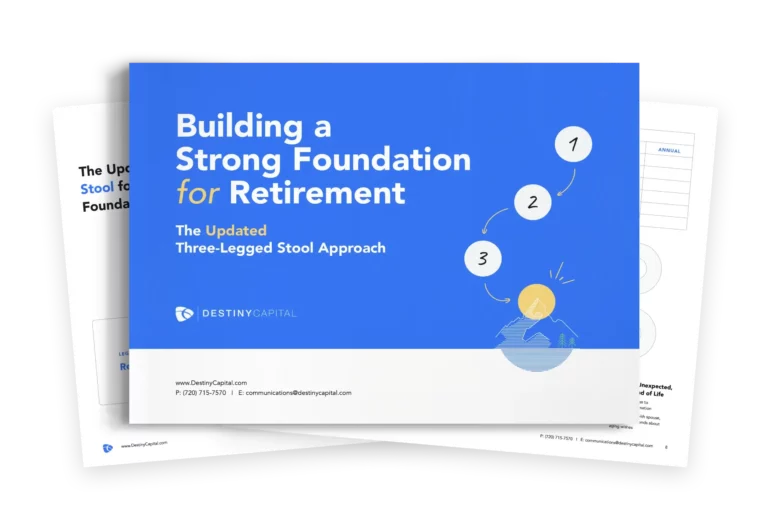How to Determine When to Sell Your Business
How do you know when it’s time to sell?
Unless you started your business with a specific exit date in mind, answering this question can be incredibly difficult. You have poured more hours, sweat, and energy into your business than you can count, and you have recruited good, talented people who believe in your vision. How can you call it quits and decide to sell?
The answer? When it makes sense to.
Consider these three topics:
- Market Risk – Has the business environment in general, or the environment for my specific market shifted since the company began? Would I start this business today? These aren’t intended to be ‘yes or no’ questions, but should prompt you to take a look at the environment as if you were starting a new business today. If you wouldn’t start your business today, chances are you shouldn’t continue to own it.
- Personal Asset Risk – How much of my personal assets are tied up in the business? If the business had a 50% decline in value, would my family still be okay? Again, these are not necessarily ‘yes or no’ questions, but considering this type of financial impact is intended to be a fear-setting exercise. By analyzing the specific impact of a 50% hit to either profitability or revenue (whichever makes the most sense for you) you can visualize what that would actually mean. For example, if your total owner benefit is $500,000 per year now and it drops to $250,000, how do you actually feel about that? If your revenue drops 50% and you need to lay off four people, think about doing that and what your team will look and feel like afterward. If these outcomes are all positive, it makes the risk of still owning your business a bit more palatable.
- Value Maximization – What type of value are you trying to maximize – and – when will you know that you are there? It is a business valuation represented by a specific number and, if so, when do you think you will hit that number? Is the value tied to annual owner benefit and cash flow? Do you see these owner benefits and cash flows topping out or declining at some point?
Does success mean that you are creating impact through an innovative service or product? Is it changing the lives of your employees or customers? Be specific on what maximizing value looks like for you, when you think you will achieve it, and whether it is ongoing or if there is an end game.
By taking a look at the specific components of risk, value, and outcomes, you can remove the ambiguity and some of the emotion tied to understanding if-and-when to sell your business.
Have any questions? We’re here to help!
{{cta(‘b98204c7-0e0e-4d3b-895d-e54ef00e4f97’)}}
Share this
Build a Resilient Retirement
Don’t wait—download our essential retirement guide and start planning for a secure future.

Achieve Your Retirement Goals
Get personalized advice to meet your retirement goals. Book your call with Destiny Capital now.



